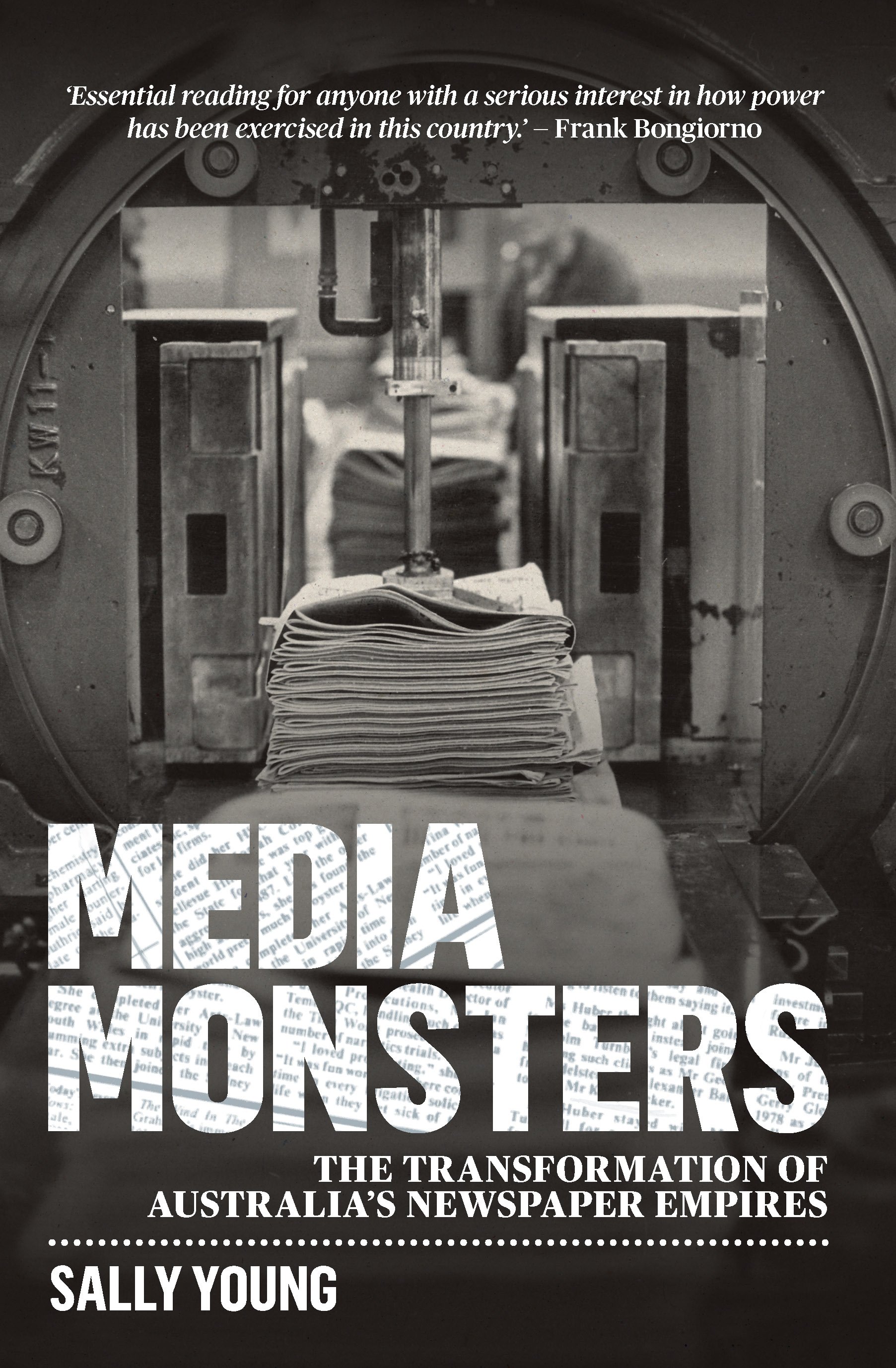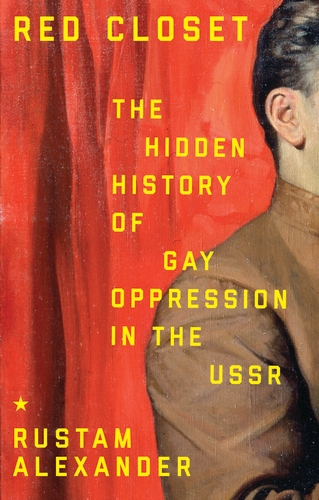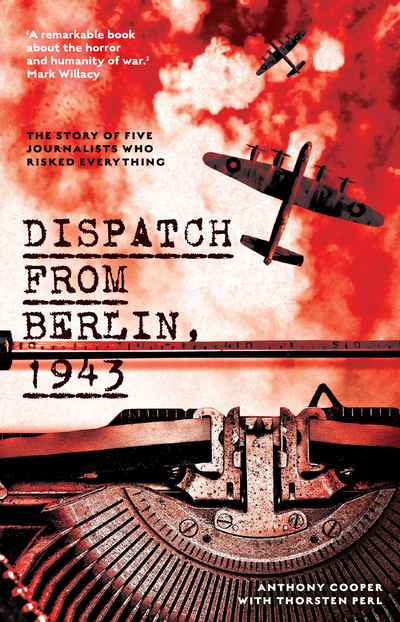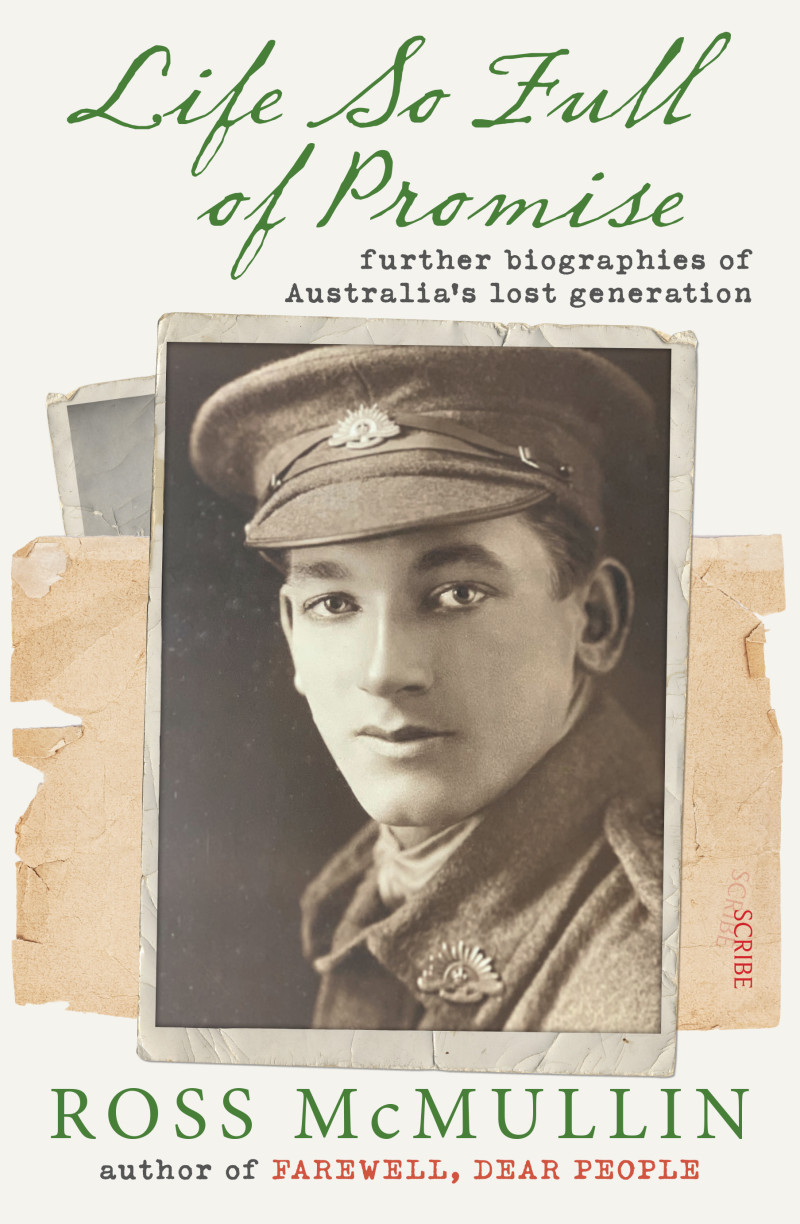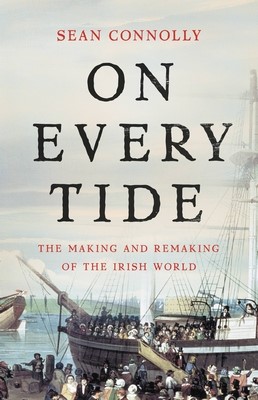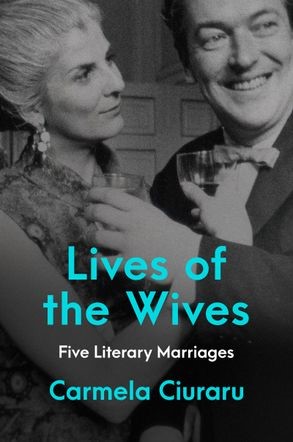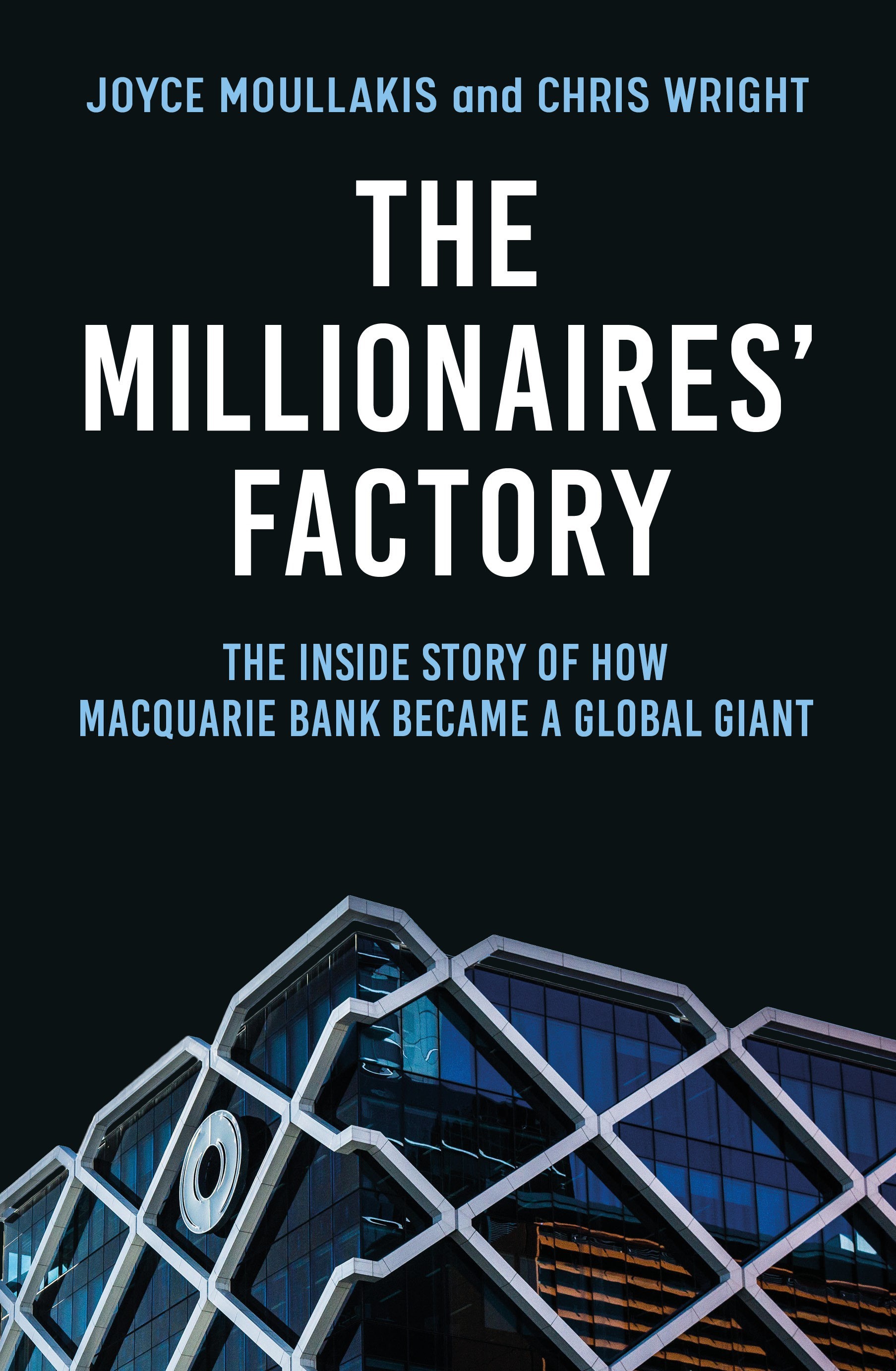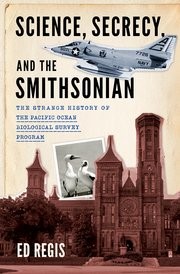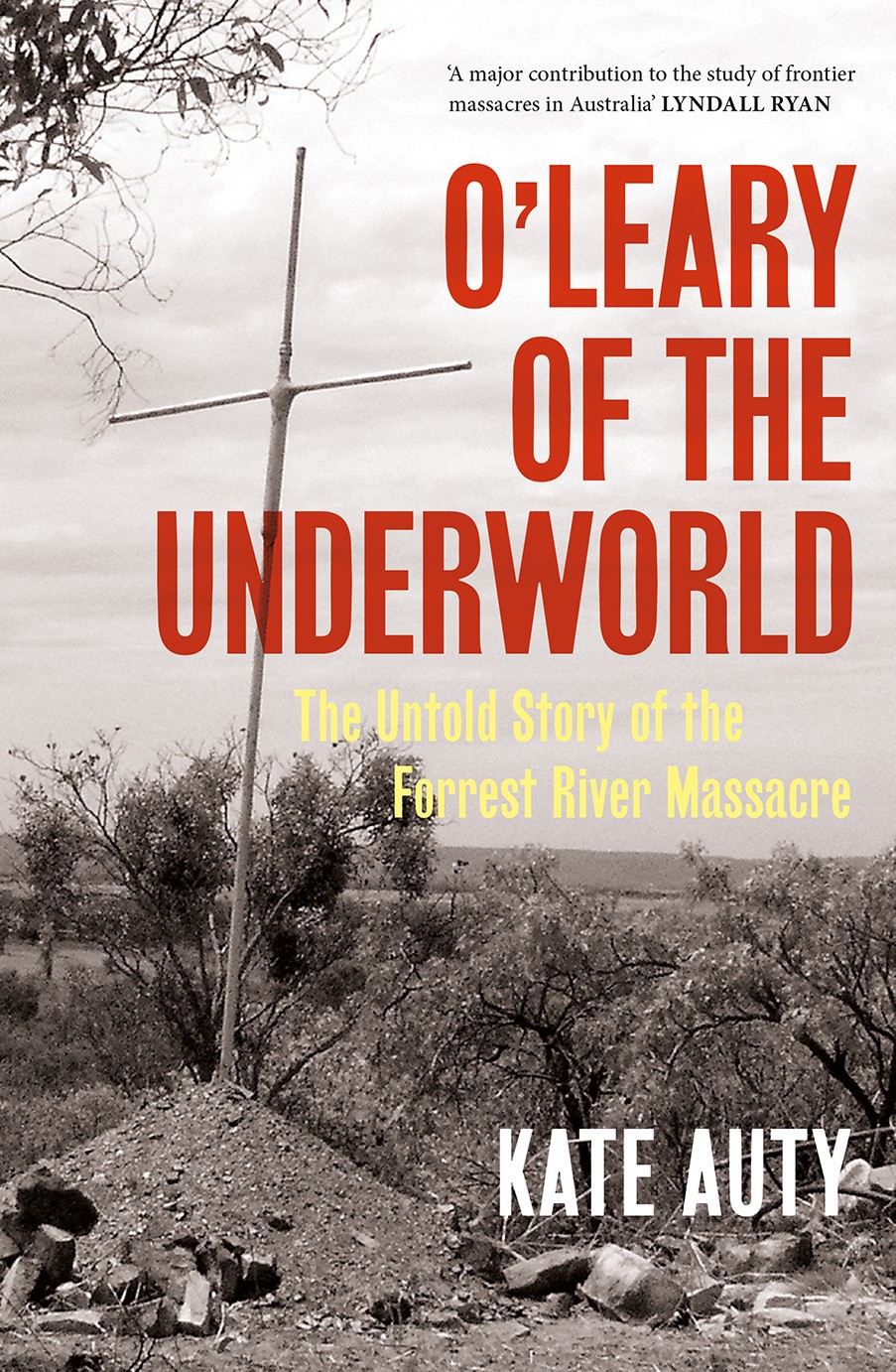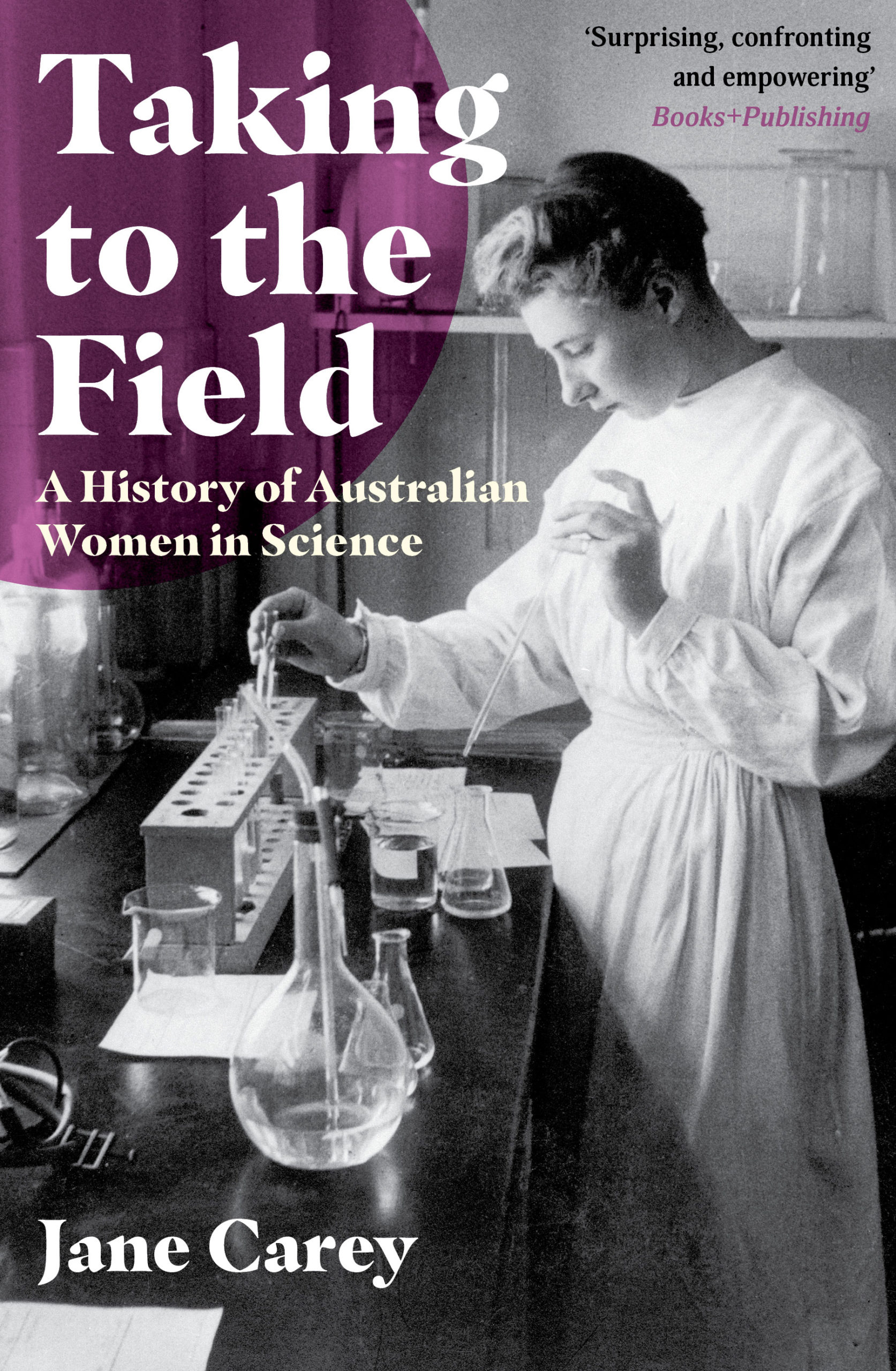History
Media Monsters: The transformation of Australia’s newspaper empires by Sally Young
In 1968, Rupert Murdoch was one step from acquiring his first international media holding, in the British tabloid The News of the World. That Murdoch was so close was a personal coup, given that his press ownership had begun sixteen years earlier with a much-diminished inheritance, largely based in Adelaide. To pull off the News of the World acquisition, however, Murdoch needed government approval to transfer $10 million Australian offshore. Speed, secrecy, and surety were pivotal, and in search of all three Murdoch went to John McEwen, the deputy prime minister and leader of the Country Party. The two had an enduring bond: McEwen had helped Murdoch buy his grazing station and family bolthole, Cavan, and when McEwen was appointed acting prime minister after the death of Harold Holt in 1967, Murdoch had argued in The Australian that McEwen should be prime minister in his own right. Now, in 1968, McEwen took Murdoch to the prime minister, John Gorton, who was also familiar with the young press baron. Gorton had briefly been lined up to work for Murdoch’s father in the 1930s and owed something of his present job now to the influence Murdoch had wielded when it became clear that McEwen could not remain prime minister.
... (read more)Red Closet: The hidden history of gay oppression in the USSR by Rustam Alexander
In July 1986, at the onset of the Glasnost era, a program featuring a discussion between American and Soviet women on a range of contemporary issues was broadcast on Soviet television. Reflecting on the prevalence of sex in US popular culture, an American participant asked her Soviet collocutors whether this was also the case in their country. The response was curt: ‘There is no sex in the USSR.’
... (read more)Dispatch from Berlin, 1943: The story of five journalists who risked everything by Anthony Cooper, with Thorsten Perl
Bomber Command operations cost about 3,500 Australian lives in World War II. This was more than five times the number of Australians who died in the Battle of Kokoda from July to November 1942. Yet the strategic bombing offensive over Germany has never held a comparable place in the national memory of war.
... (read more)Life So Full Of Promise: Further biographies of Australia’s lost generation by Ross McMullin
Just over a decade ago, Ross McMullin published Farewell, Dear People (2012), a magisterial biography of ten remarkable Australians killed in World War I. The book met with much acclaim, including the award of the Prime Minister’s Prize for Australian History in 2013. Life So Full of Promise, a sequel to this volume, provides three more biographies of men whose early lives suggested that they would have made extraordinary contributions to Australian public life, had they survived the war.
... (read more)On Every Tide: The making and remaking of the Irish world by Sean Connolly
In the poem ‘September 1913’, W.B. Yeats lamented the mean condition of his nation. It was not what the heroes had fought and died for – nor, in an idiosyncratically Yeatsian turn of logic, what they fled the country for. ‘Was it for this the wild geese spread / The grey wing upon every tide?’
... (read more)Lives of the Wives: Five literary marriages by Carmela Ciuraru
This book has one of the most off-putting jackets of recent memory. Elizabeth Jane Howard, glass in hand, is gazing attentively at her celebrated novelist husband Kingsley Amis, who is beaming with self-congratulatory pleasure at someone out of shot. Howard, no mean writer herself, seems to be performing the good wife’s duty of smiling at a joke she has heard at least ten times. It is a photo that invites the reader to buckle up for five essays about the wives of prominent writers who gave up their own ambitions for the greater good of being ‘handmaidens to genius’.
... (read more)The Millionaires' Factory: The inside story of how Macquarie became a global giant by Joyce Moullakis and Chris Wright
Respected, not always loved, Macquarie is an exceptional ‘Australian and global financial success story’. So says Steve Harker, a rival investment banker from Morgan Stanley, quoted on the back of this book. The authors tackle an intriguing question: how a bonsai operation grew tall, dominating parts of the world of financial engineering. In 400 pages, with a useful index, plus 25,000 words of notes accessible via a QR code, Moullakis and Wright, two senior financial journalists, provide insights into Macquarie, Australia’s only significant global financial institution, which today directly employs more than 17,000 people in thirty-three countries.
... (read more)Science, Secrecy and the Smithsonian: The strange history of the Pacific Ocean biological survey by Ed Regis
In 1962, a small group of scientists from the Smithsonian Institution in Washington, DC embarked on what would become the most ambitious biological survey of the Pacific oceans. Across seven years they travelled to more than 200 islands over an area almost the size of the continental United States. They banded 1.8 million birds, captured hundreds of live and skinned specimens, and collected ‘countless’ blood samples, spleens, livers, stomach contents. What became of most these biological samples has never been disclosed. The Smithsonian’s Pacific Project was, and remains, shrouded in secrecy. The scientists involved were left to guess at the aims of their research. They were mere subcontractors, following the directives of their funding agency: the biological warfare division of the US Army Chemical Corps. ‘To me, as a bird man, it was a wonderful breakthrough because it was a source of funds,’ said S. Dillon Ripley, the Smithsonian’s secretary during the project. ‘That’s all I know about it.’
... (read more)O'Leary of the Underworld: The untold story of the Forrest River Massacre by Kate Auty
This is no ordinary history book. It is in part an account of a massacre and in part a biographical study of one of the perpetrators, Patrick Bernard O’Leary, yet it reads more like a novel, or a prosecutor’s statement in court, than like a conventional history. It is a truly angry book, full of rage at the fact that the perpetrators of a massacre were never brought to justice, rage at the justice system’s treatment of Indigenous people. Its desire to ensure that the victims are never forgotten starts with the dedication, to Warrawalla Marga, an old woman ‘who was walked to her death with a chain around her neck by O’Leary and others in June 1926. She and all the others are not forgotten.’
... (read more)Taking to the Field: A history of Australian women in science by Jane Carey
In 1943, of the 101 science graduates of the University of Sydney, 55.4 per cent were women. That same year at the University of Melbourne the proportion was 46.2 per cent, and by 1945 women made up 37.4 per cent of all science graduates across Australia. Given contemporary anxieties about women’s involvement in science, these statistics appear unbelievable. Yet, as Jane Carey explores in Taking to the Field, between the 1880s and the 1950s women were not only completing science degrees in notable numbers but, even outside the unusual war years, were contributing valuably to Australian science through research, teaching, and social reform.
... (read more)
